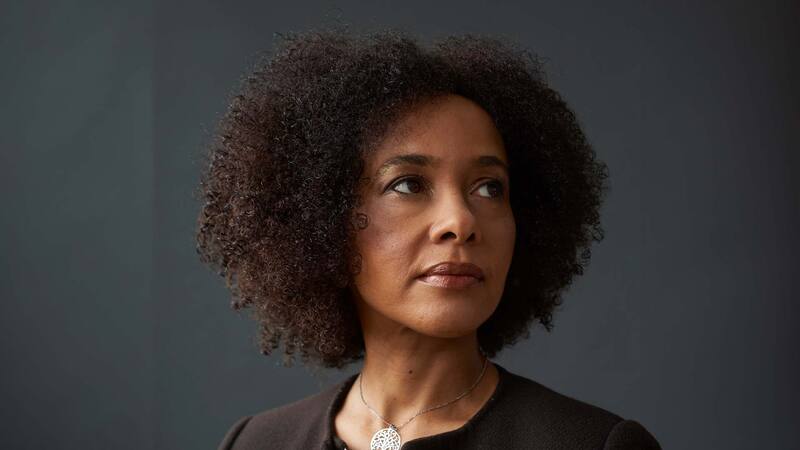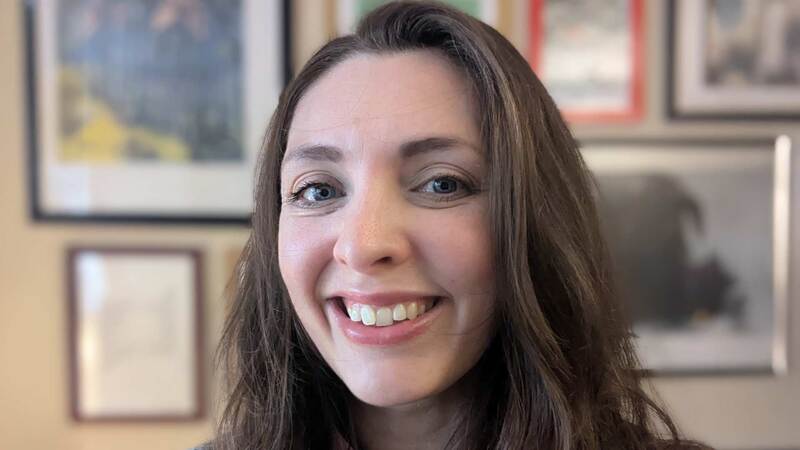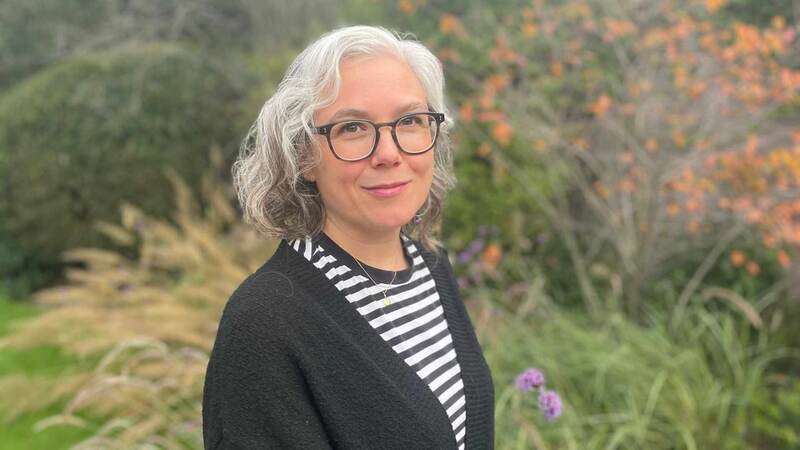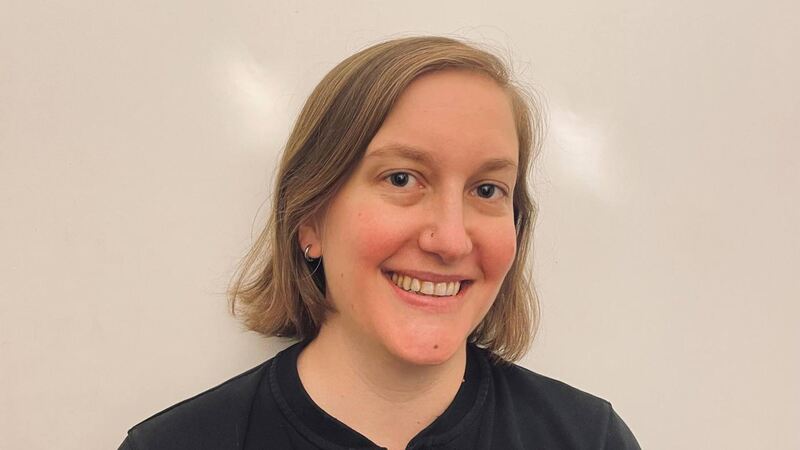You are viewing your 1 free article this month. Login to read more articles.
Universities and trade back PRH stance on degrees
Other publishers and universities are welcoming Penguin Random House UK's decision to disregard university degrees as a prerequisite for applications.
The move, intended to broaden the talent pool and "attract the best people", was announced by PRH on Monday (18th January) as part of a "concerted action to make publishing far, far more inclusive than it has been to date".
Despite offering publishing degrees, universities have praised the move by Penguin.
"The PRH move to scrap its degree requirement is very welcome," said Claire Squires, professor of publishing studies at the University of Stirling. "This might seem odd, coming from someone who runs a publishing degree programme, but a diversity of routes into publishing is really important to sustain and develop the future industry, and crucially to open out its employment base."
She added: "I’d argue that publishing degrees themselves perform the same role in terms of diversifying and professionalising the industry, rather than relying on entrants from particular universities with literature degrees (and contacts!). The PRH move – alongside our courses, traineeships and so on – all can work together to make sure we have people working in the industry who are from diverse backgrounds and with varying profiles."
Dr Samantha J. Rayner, director of the Centre for Publishing at University College London, agreed it was "a welcome step" to encourage perceptions of publishing as an "open and diversely populated industry". However, she also underlined that Penguin said it would not discriminate against those with degrees. "It just underlines that relevant experience can come from a variety of avenues", she said.
Associate professor Alison Baverstock of Kingston University, also warned the industry not to "get carried away by the headline".
She emphasised that publishers need a "passion for communication" and "to be interested in the communities for which they are trying to develop content" - something she believes the MA in Publishing at Kingston develops, but could also be developed through other experiences outside of university.
"It doesn’t say that graduates are no longer welcome," she said, "just that PRH is seeking to enable those who have an aptitude for publishing go ahead and make contact, whether or not they have a degree. The announcement is also based on evidence – that PRH have not found that those without a degree are necessarily disadvantaged.
"Overall, I welcome discussion about what makes a publisher, and a move away from an assumption that only those with English degrees from establishments frequented by the senior management need apply," she said.
Since PRH's announcement, other publishers, including Hachette, Oneworld, Alma, HarperCollins and Bonnier, have also expressed support for the company's public decision not to restrict applications for lack of a university degree. They have also said PRH is not alone in its new policy.
Hachette has confirmed to The Bookseller it has "never" had a policy of employing only applicants with degrees. Dominic Mahony, group HR director for Hachette UK, said: "We wish to attract the brightest people into publishing, they may well have degrees but this is by no means a requirement and we are proud of the fact that we have very successful people at all levels of our company, including on the main board, who joined us without degrees. We were delighted to be recognised with the Publishers’ Award from Creative Access recently, acknowledging that we actively recruit high calibre candidates irrespective of race, gender or nationality, with or without degrees."
HarperCollins also said it has not had degree specifications on it's job adverts in recent years.
John Athanasiou, director of people for HarperCollins, said: "We do not believe that everyone that works at HarperCollins should be a graduate - and not everyone is. In recent years we have removed the specification for degree level education in the majority of our adverts (there are sometimes exceptions to this such as within the legal and finance teams). This is fundamental to our view that HarperCollins reflects wider society and is as inclusive and diverse a work place as possible."
He added: "A single focus on degrees alone will not address this challenge, and the publishing industry continues to struggle with diversity of race and socio-economic backgrounds as well as education. At HarperCollins we have established partnerships with organisations including BAME charity Creative Access, apprenticeship provider City Gateway, disabled young persons’ charity Whizz-Kidz and the Prince’s Responsible Business Network and its ‘Race For Opportunity’ campaign,all with a view to improving diversity and inclusion within our workforce."
Juliet Mabey, editorial director and founder of Oneworld Publications said it had "never stipulated degree requirements for our staff" and said she has employed "a number of excellent people who were not university educated" over the years.
Founder of Alma Books, Alessandro Gallenzi, also confirmed there was no degree requirement to apply for a job at Alma, either. He said: "We never did and probably never will”.
Richard Johnson, c.e.o. of Bonnier Publishing, wrote a blog on the topic earlier this week, hailing PRH's decision "great news for the industry" and "a step in the right direction to bring publishing into the 'new world'".
Drawing from personal experience, leaving university after a day "because I instantly knew I would rather start a career", he wrote: "We employ around 500 people and as far as we’re concerned, if you’re talented and share our values, you have a great chance of joining us, regardless of your background. Sure, sometimes a degree is an advantage in certain roles but it’s not a pre-condition to getting the interview in the first place."
Johnson said Bonnier had never specified a degree as a requirement for a job - "and I don't believe we ever will," he said.
Expanding on PRH's stance, group HR director Neil Morrison conceded yesterday too (19th January) that "the reality" in the short term was to "expect the majority of our applicants still to come from traditional backgrounds".
“But by making this change we are demonstrating not only that our doors are open to people without degrees but that if you did go through higher education, we won’t place emphasis on the university that you attended. We’re not saying graduates aren’t talented, simply that to be talented you don’t have to be a graduate. He added: "We don’t want to rule anyone out, we want the best.”
Read the 'Jobs in Books guide to publishing' by The Bookseller's business development manager Maria Vassilopoulos here.
















